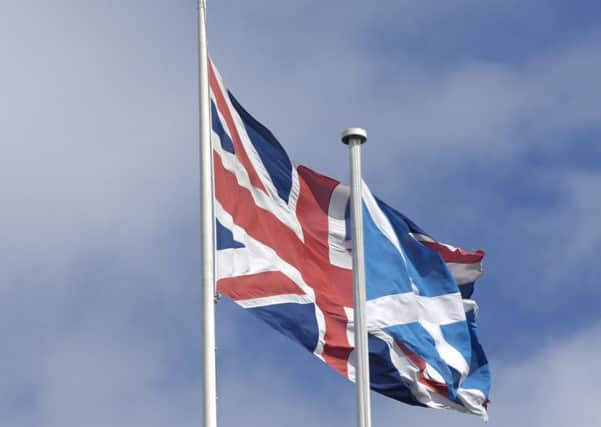Fraser of Allander: What the GERS report tells us about independence


Today’s figures are an improvement on those for 2016-17 where Scotland’s fiscal balance was minus 8.9 per cent.
With both onshore revenues and expenditure rising, the relative improvement in Scotland’s fiscal position has largely been driven by a better out-turn on North Sea revenues. In 2017-18, North Sea revenues rose to £1.3bn, up on the £266m raised in 2016-17.
Advertisement
Hide AdAdvertisement
Hide AdWhilst revenues from Scotland’s share of the North Sea have increased, they remain much lower than in previous years. The Office for Budget Responsibility predicts that North Sea revenues for the UK as a whole will remain around £1 billion for the foreseeable future.
The key reason why Scotland has a larger estimated fiscal deficit than the UK as a whole is because of higher public spending per head – equivalent to around £1,576 per head.
What does GERS say about constitutional change? GERS takes the current constitutional settlement as given. If the very purpose of independence is to take different choices about the type of economy and society that we live in, then a set of accounts based upon the world today will tell us little about the long-term finances of an independent Scotland.
But GERS does provide a pretty accurate picture of where Scotland is in 2018. In doing so, today’s numbers set the starting point for a discussion about the immediate choices and challenges that need to be addressed by those advocating new fiscal arrangements.
Professor Graeme Roy is director of the Fraser of Allander Institute and a former senior economic adviser to the Scottish Government
